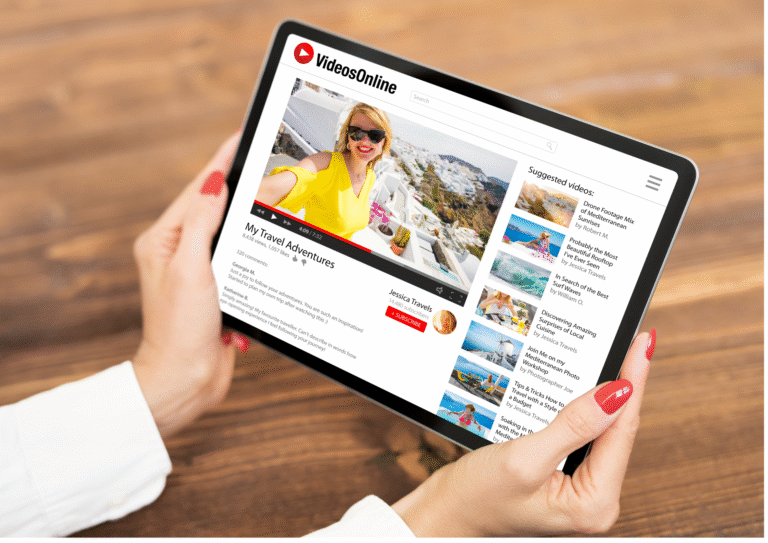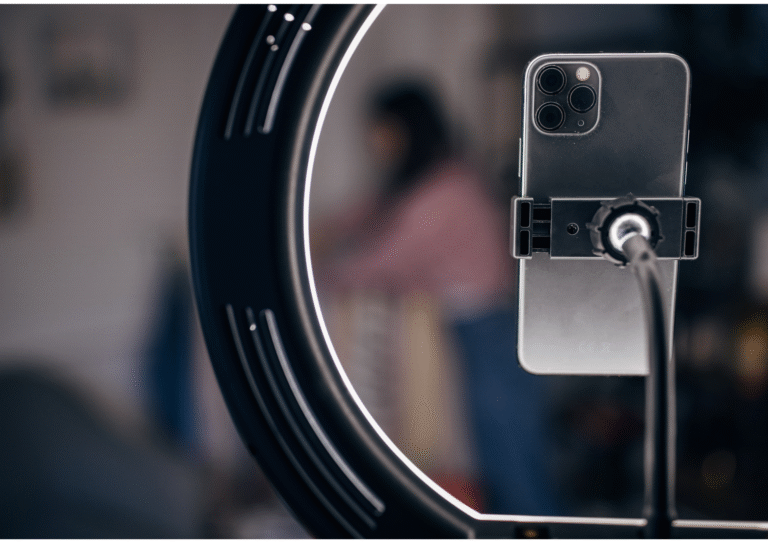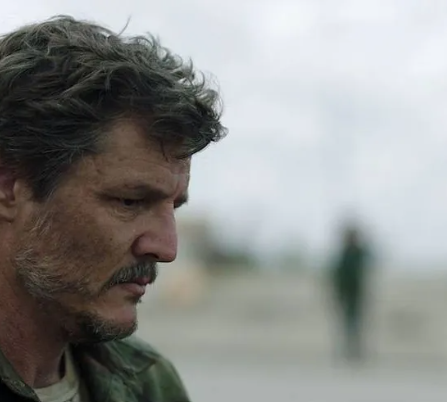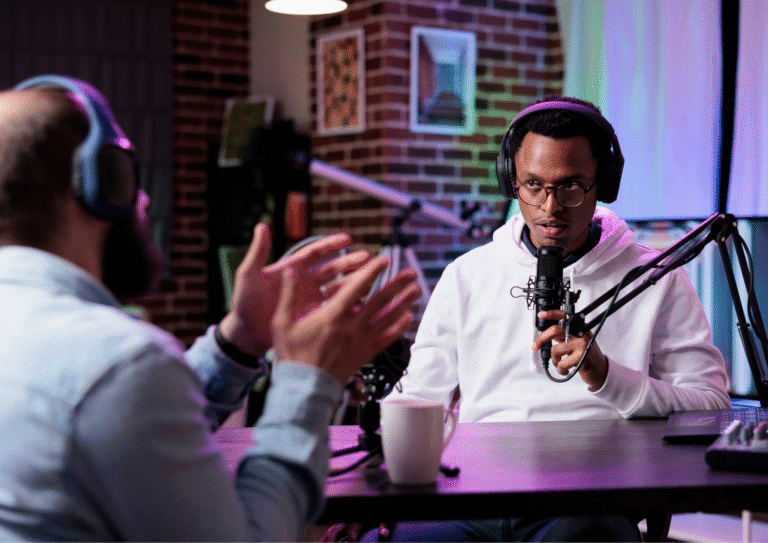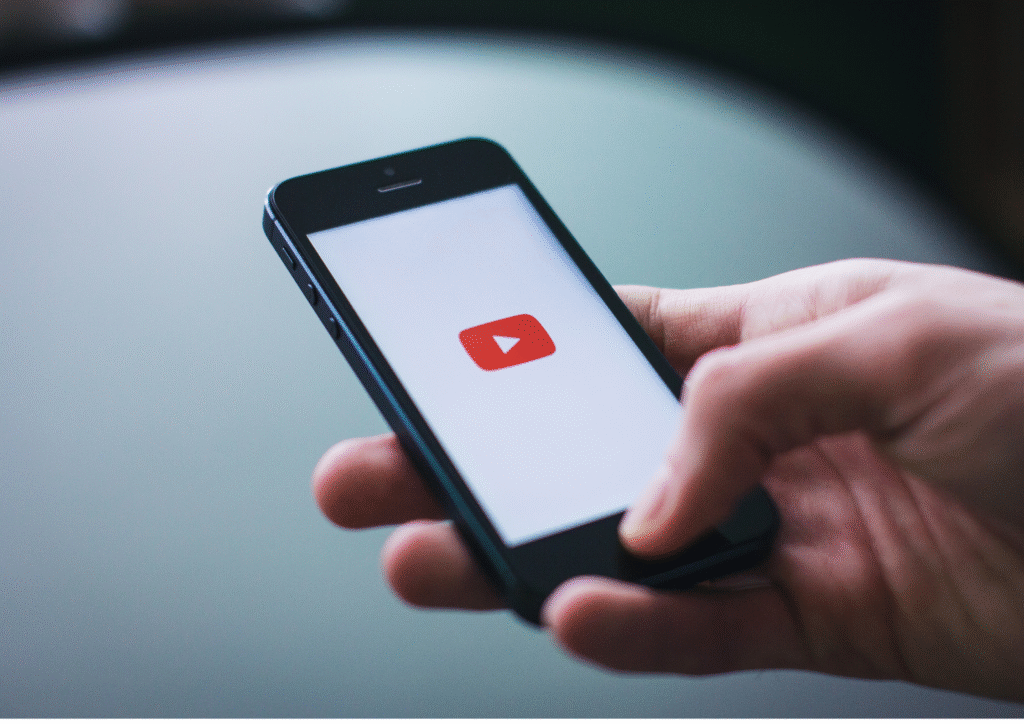
Explore the psychology behind influencer apologies in cancel culture ,from Jenna Marbles to Logan Paul, and discover why many fail. Learn what sincere apologies look like and how they can rebuild trust.
Why the Psychology Behind Influencer Apologies Matters in Cancel Culture
In our cancel culture era, influencer apologies capture attention, yet often miss the mark. Understanding the psychology behind influencer apologies matters more than we think. When apologies fail, it’s not just PR blunders. It’s a sign of how our brains judge sincerity, often correctly.
Walking in Their Shoes: The Real Stakes for Influencers
Influencers post lives online under constant scrutiny. One mistake, an ill‑judged joke or tone‑deaf moment, and sponsors, subscribers, and reputation vanish. When they apologize, it’s often heartfelt. They aim to repair, reconnect, and hold on to what they’ve built.
Famous YouTube Apology Videos (And Why They Stick or Don’t)
- Jenna Marbles (June 2020)
Tearfully admitted to past racist content, called her old videos “shameful” and “awful,” removed them, and announced an indefinite hiatus. Audiences praised her sincerity and self-awareness Cupola+8HiLite+8ResearchGate+8. - Logan Paul (Jan 2018)
After filming a suicide victim in Japan’s Aokigahara forest, he posted “So Sorry.” Despite tears, critics said it felt shallow, more performance than penance . - Shane Dawson (June 2020)
In “Taking Accountability,” he addressed racist jokes, blackface, and jokes about minors. Admitted fault, but critics said he still framed himself too much as a victim The Guardian+2HiLite+2Wikipedia+2. - Laura Lee (2017)
Posted a tearful apology for old racist tweets. Viewers wondered if her tears were real or staged—a case of “singular tear” perceived as emotional theater BYU ScholarsArchive+3HiLite+3Wikipedia+3. - James Charles (2019)
Shared a raw, makeup‑free apology after a public feud. His humility sparked memes and empathy, showing vulnerability over vanity CCSE+15HiLite+15The Guardian+15.
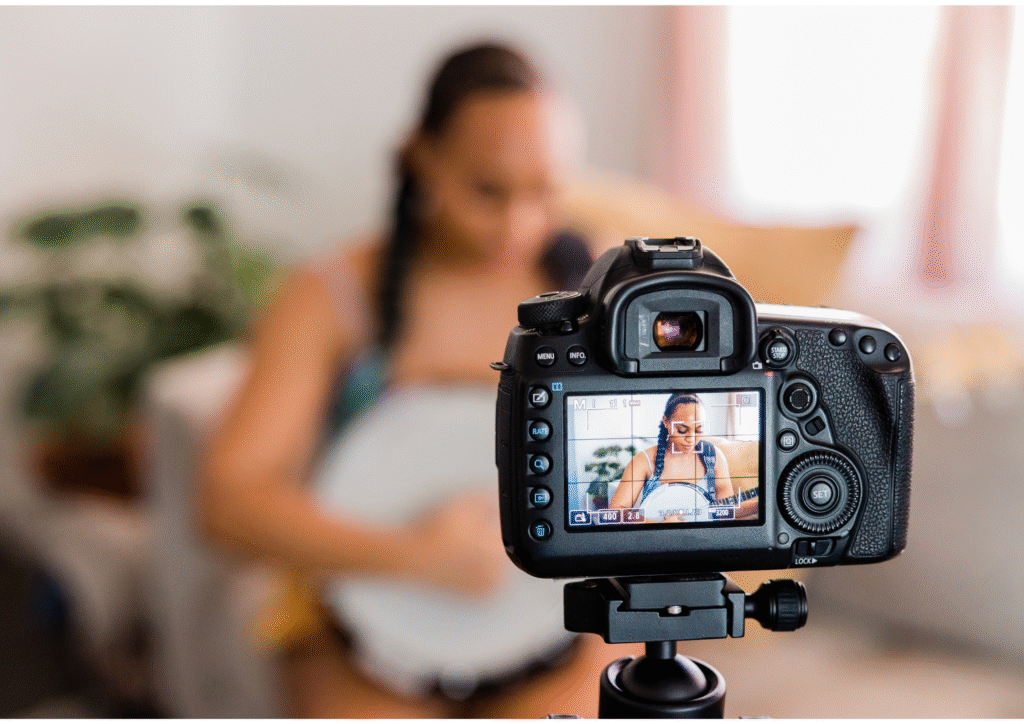
The Five-Step Script: Good on Paper, Hollow in Heart
Influencer apologies often use the same formula: responsibility, cause, repair, future promise, and apology intensification. Research on Jenna Marbles confirms this builds credibility, on paper BYU ScholarsArchive+2ResearchGate+2CCSE+2. But extensive reviews show that qualifiers like “sorry if” or shifting blame reduce authenticity HiLite+6The Guardian+6Wikipedia+6.
Heart vs. Handbook: When Apologies Feel Too Polished
Why do rehearsed apologies fail? Because humans are hardwired to detect sincerity. Speech hesitations, emotional tone, and imperfect language often feel more genuine than slick, scripted messages. Real remorse is messy, and audiences pick up on it.
Why We Sniff Out Fake Thunder Every Time
- Trust is fragile. A formulaic apology can feel transactional.
- Parasocial relationships are real. Followers think they know influencers. A press‑release‑style apology feels cold.
- Expectations are high. We want humility, not headlines.
Studies confirm that apologies backed by emotion and visible actions build forgiveness. Insincerity often makes matters worse ResearchGate.
How to Spot a Real Apology in the Wild
- Direct ownership. No “sorry if.” Just “I messed up.”
- Emotion that matches the mistake. Hesitation, tears, unfiltered voice.
- Real steps forward. Concrete actions, not promises.
- Timing matters. A thoughtful pause before responding shows honesty .
Conclusion: Healing Begins with Realness
Influencer apologies matter because we crave authenticity, even from afar. Most fail because they follow PR playbooks. But authentic apologies, raw, reflective, and action‑oriented—can heal wounds and reshape trust.
Next time you watch an apology, ask:
- Do they own it, without qualifiers?
- Does the emotion feel real—and honest?
- Are they showing real change, not just words?
If yes, trust might be mended. If not, it’s likely just noise.
This explainer on psychology behind influencer apologies shows why learning to apologize with sincerity can rebuild trust and prevent backlash.
In a world of cancel culture and trending apology videos, authenticity wins every time.

